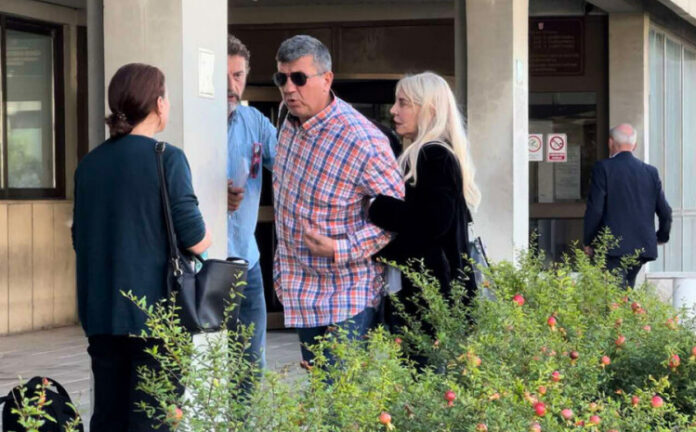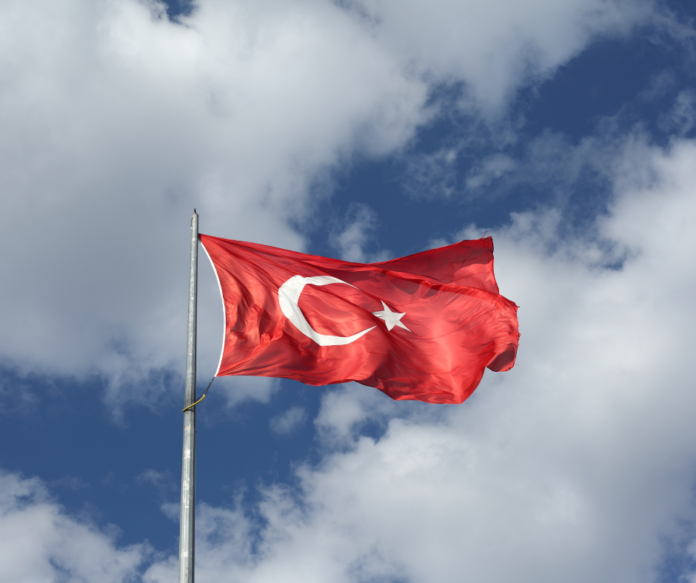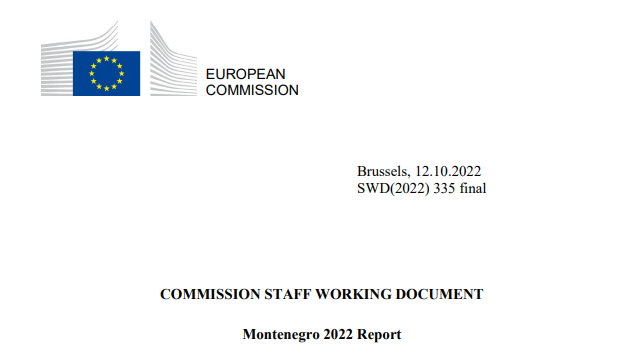On 19 October 2022, the Ministry of Justice published a draft law “On some additions and changes to law no. 119, dated 14.09.2014 “On the right to information.” According to the government, this draft law aims to improve and strengthen the current legislation on the right to information, focusing on the citizens’ interest and the public authorities’ transparency and accountability.
The purpose of the draft law is to avoid the legal vacuum that follows the drafting of new legislation in the field of personal data protection to align with the GDPR of the European Union as part of the accession process. The government argues that the draft law comes as a response to the challenges faced during the current law implementation identified by the Commissioner for the Right to Information and Data Protection (the Commissioner), civil society, and citizens.
As shown by the latest report on FOI in the region, Albania’s law on access to information is the oldest in the Western Balkan, and its amendment has been long overdue. The Commissioner is one of the most active in the region in monitoring and criticizing the authorities and having close relations with civil society and independent media. However, public institutions in Albania are still not transparent, as also shown by the high number of complaints administered by the Commissioner: 992 in 2022 (European Commission Report for Albanian 2022), which highlight the tendency of public institutions to uphold information. This report evaluates that Albania has made “no progress” on freedom of information and underlines critical issues regarding freedom of expression and media freedom. In this light, some of the changes proposed to the current law on access to information risk hindering further investigative and watchdog journalism, which might further weaken public authorities’ transparency and accountability.
The first concern relates to the provisions in the draft law about “abusive requests.” More specifically, the draft law’s new rules under Article 24/2 envisage: “When requests for information are blatantly abusive, especially due to their repetitive character, the public authority may decide to end the administrative procedure without a definitive decision. The burden of proof to attest the abusive nature of the request belongs to the public authority“. If passed, this would allow public authorities and ministries to dismiss requests for public information from journalists that are “blatantly abusive, especially due to their repetitive character…. without a definitive decision”. The public authority would decide what requests classify as abusive, and they have no obligation to justify it. Journalists and media outlets could still submit a complaint to the Commissioner if their FOI requests are rejected.
If passed in the currently proposed manner, the changes could further hinder professional investigative and quality journalism, which in turn would further undermine government transparency and accountability. Evidence shows that public institutions tend to uphold information (studies here and here). There is no substantial evidence that journalists or citizens have abused the law by sending repetitive FOI requests that could have burdened the administrative work of the Coordinator for Access to Information in public authorities (the Coordinator).
Currently, there is no need to justify FOI requests by citizens. Also, public institutions are obliged to provide the information. This law envisages administrative accountability of public officials who fail to comply with its obligations, sanctioned by fines of up to EUR 2 500, and the possibility for the Commissioner to take disciplinary actions against the person responsible. As reported by BalkanInsight, over the years, the Commissioner overseeing the law has imposed very few fines, while journalists complain that authorities often drag their feet when dealing with politically sensitive information. Therefore, this change will provide ample space for public authorities to use the “abusive requests” provision as an excuse for not handing over information to journalists, particularly in politically sensitive cases or cases related to grand corruption, public procurement, etc.
One of the issues raised by the Commissioner and civil society is the non-implementation of the Commissioner’s decisions. The draft law has provisions to address this issue, according to which non-implementation of the Commissioner’s decisions will be punished with 150,000 to 300,000 ALL. This sanction will be applied to the head of the institution. This fall shorts of the constant request of civil society that has argued for the need for the decisions of the Commissioner to have executive titles, and their non-execution must constitute an administrative violation.
Another concern has been ensuring that public institutions are transparent and respond appropriately to FOI requests. Even though the current law requires the Commissioner to decide all the cases of failure of public institutions to provide information, according to the 2021 monitoring carried out by the “Res Publica” Center, the Commissioner continues to make very few decisions about the complaints received by this office: only in 4% of the cases in 2021. Although the draft law incorporates some suggestions from civil society, it fails to address this vital issue. Independent and investigative journalists have argued that the low number of decisions by the Commissioner and the fact that the Commissioner’s decisions do not have the power of executive titles are critical issues of the current law and its implementation. Notwithstanding, the draft law does not address these new changes.
On the positive side, the accompanying report to the draft law argues that it has been noticed that the responsibility for not providing information does not always lie with the Coordinator. To avoid any delay on the part of the public authority in publishing information as part of the Transparency Program, the draft law provides the obligation to update the information every time it changes, indicating the date of the last update. Also, public institutions will be obliged to update and publish the Register of Requests and Responses every month and not every three months as it is currently. In addition, to motivate the Coordinator, the draft law provides that during the period designated as Coordinator for the right to information, the public authority employee benefits from a particular work nature supplement on top of the monthly salary. Hence, the draft law also provides for fines for leaders or other senior-level officials who refuse to respond to requests from citizens or journalists.
Additional links:
https://konsultimipublik.gov.al/Konsultime/Detaje/528
https://www.reporter.al/2022/10/24/ndryshimet-ne-ligjin-per-te-drejten-e-informimit-priten-me-kritika/
https://www.mapmf.org/alert/25285
https://balkaninsight.com/2022/10/24/albania-gov-attempt-to-block-abusive-foia-s-criticized/
https://citizens-channel.com/2022/10/25/cfare-pritet-te-ndryshoje-ne-ligjin-per-te-drejten-e-informimit/
https://www.publeaks.al/wp-content/uploads/2022/04/E-drejta-e-informimit-2021-Res-Publica-web.pdf










